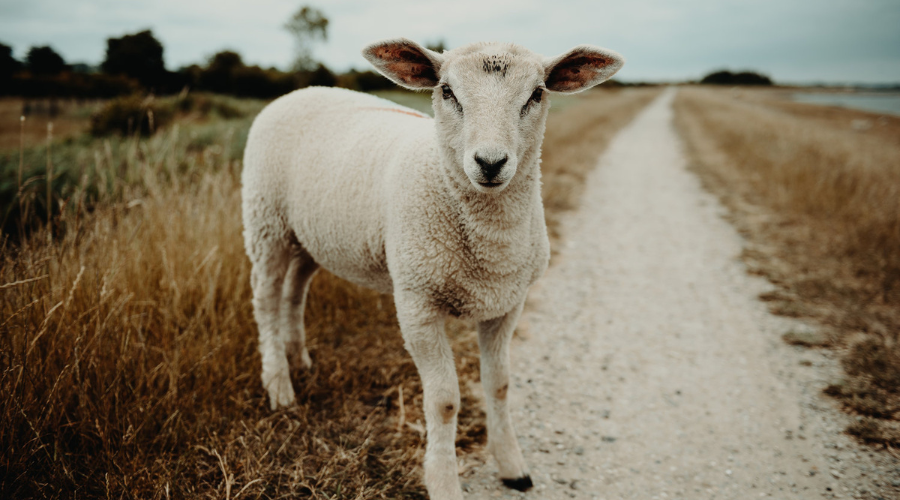
Goat Milk Baby Formula: A Short Guide
🍼 OBF24™ BLOG
Goat milk in the United States is rare. Typically, we don’t drink it. In fact, for adults, the most common place to see goat milk is as cheese in fancy cheese shops.
Goat Milk is increasing in popularity as the foundation of Baby Formula for lot of excellent reasons!
It’s very similar to breast milk. Goat’s milk formulas have oligosaccharides like breast milk that aid in the production of healthy gut flora.
European goat milk formulas are organic and very pure. Since everything in the goat’s life, such as food, medicines, and even bedding, is organic, it’s much purer than formulas made from cow’s milk in the US. There are no pesticides or herbicides used.
Goat’s milk is often tolerated better by babies that struggle with cow’s milk. Goat’s milk proteins are structured differently, as can be witnessed by the cheeses, which tend to be softer than cow’s milk. This different protein structure is easier for babies to process.
Goat’s milk has more vitamins and minerals than cow’s milk. There’s naturally more vitamin A, vitamin C, calcium, and magnesium than cow’s milk.
European goat milk formulas are free from common allergens, like wheat, soy, peanuts, added sugar, or palm oil. In other words, while some ingredients are added to stabilize the formula, increase the nutrition, and make it easier to process, the European goat milk formulas are less likely to cause an allergic reaction.
If your baby has a hard time processing cow’s milk formula or needs a good organic formula, European Goat Milk Formulas are an excellent option. They’re generally better tolerated, more nutritious, and purer than cow’s milk formulas.

